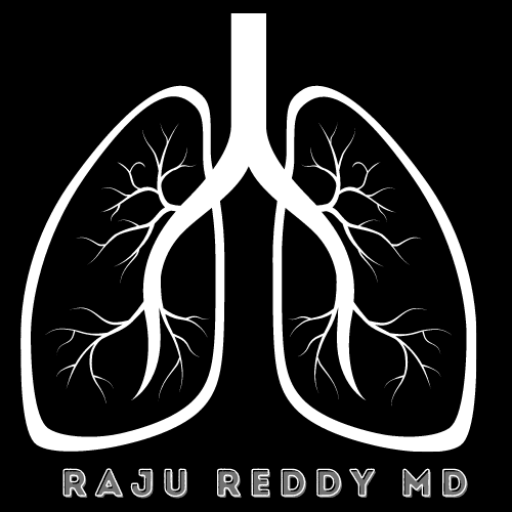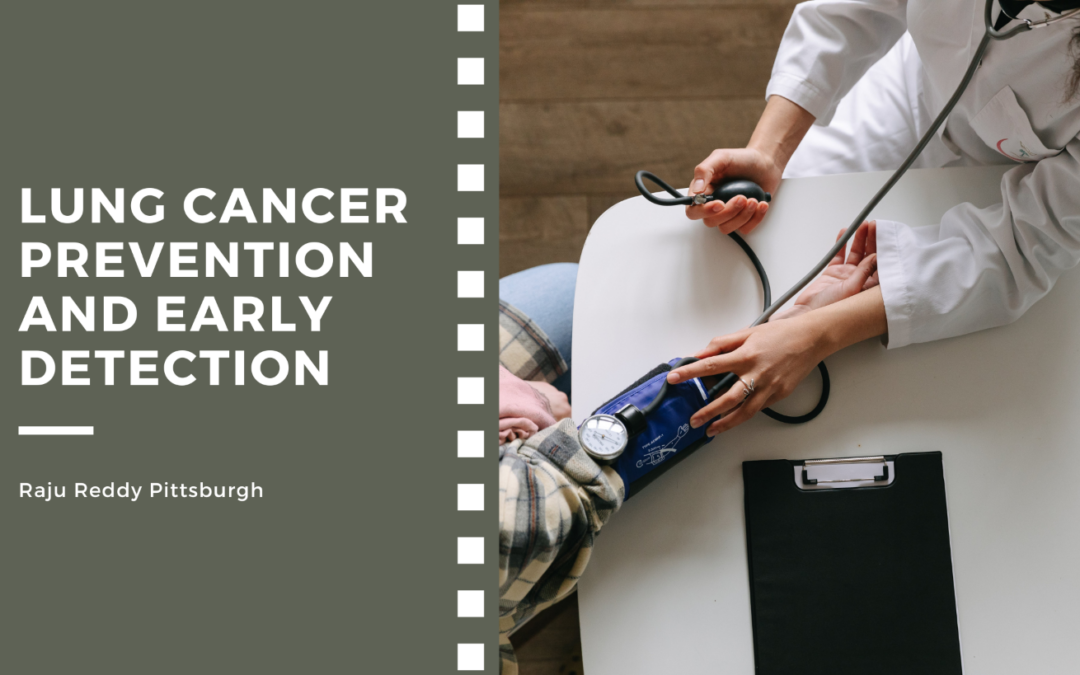Lung cancer is a devastating condition, claiming countless lives each year. However, with proactive measures, individuals can significantly reduce their risk and enhance the chances of early detection. Let’s delve into critical strategies for lung cancer prevention and highlight the significance of early detection.
Prevention Strategies:
- Tobacco Cessation:
According to the American Cancer Society, individuals who quit smoking can experience a significant reduction in their risk of lung cancer over time. Numerous resources, including counseling and nicotine replacement therapies, are available to support those looking to kick the habit.
- Radon Awareness:
Radon, a gas, is the second leading cause of lung cancer. Regular testing for radon levels in homes, particularly high-risk areas, can help identify and mitigate exposure. The Environmental Protection Agency (EPA) recommends simple and affordable testing kits for homeowners.
- Healthy Lifestyle Choices:
Embracing a healthy lifestyle can contribute to overall well-being and lower the risk of lung cancer. A diet rich in fruits and vegetables, regular exercise, and a fit weight are associated with a decreased likelihood of developing various cancers, including lung cancer.
Early Detection:
- Screening for High-Risk Individuals:
For individuals at high risk, such as existing or former heavy smokers, low-dose computed tomography (LDCT) screenings can see lung cancer at an earlier, more treatable stage. The National Lung Screening Trial found a 20% decrease in lung cancer mortality among those screened with LDCT compared to chest X-rays.
- Know the Symptoms:
Awareness of potential symptoms and promptly seeking medical attention are crucial for early detection. Persistent coughing, chest pain, recurrent respiratory infections, and unexplained weight loss can be indicative of lung cancer. Talking with a healthcare professional is essential for a thorough evaluation.
Conclusion:
Lung cancer prevention and early detection are formidable weapons in the fight against this deadly disease. By embracing a smoke-free lifestyle, addressing environmental risks, and staying attuned to potential symptoms, individuals can significantly improve their odds of avoiding lung cancer or catching it in its early, more treatable stages.

